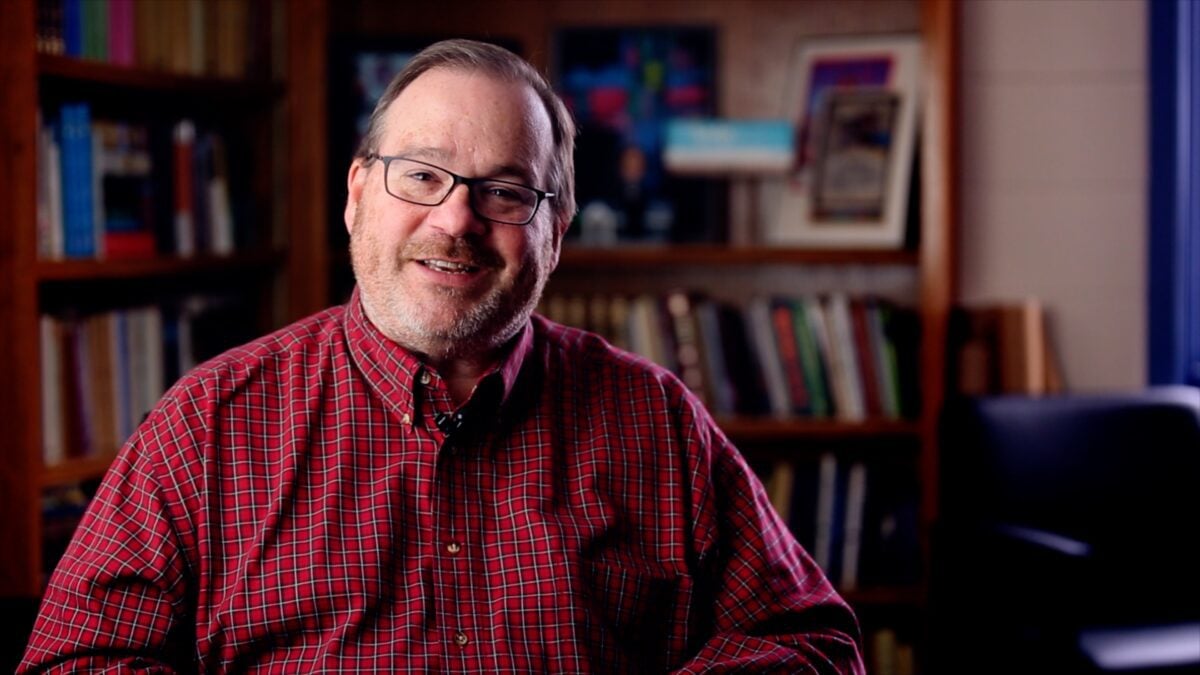
It’s been called the friendship recession. And it’s having devastating consequences on our emotional, mental and physical health.
Recent surveys indicate that Americans have significantly fewer close friends on average and are much more likely to say they have no close friends than in previous decades.
The friendship recession is so severe that U.S. Surgeon General Dr. Vivek Murthy has declared that the surge in Americans’ loneliness and isolation is a public health crisis.
In May, Murthy issued an advisory noting that loneliness can wreck both our bodies and our minds, more than doubling adults’ and children’s risk of depression, driving up the risk of a person’s premature death by 60%, and significantly increasing the likelihood of heart disease, strokes and dementia.
Murthy isn’t alone in raising the alarm about our social isolation. An American Perspectives Survey in 2021 found that Americans have fewer close friendships, talk to friends less often and receive less support from friends than in previous years. The loss of friendships is driven by several factors, including declines in marriages rates, church attendance and memberships in civic organizations such as Kiwanis and Rotary.
The idea that it’s not good for a person to be alone is as old as civilization. For millennia, life was structured around community out of necessity. We needed each other simply to survive.
And the truth is we still do, even in an age where the illusion of self-sufficiency dominates how we live.
The good news is that the friendship recession, unlike many of the other big challenges we face in the nation and the world, is a solvable problem. It doesn’t require a new government agency or an infusion of tax dollars. We don’t need years of in-depth research on how to combat isolation and loneliness.
Instead, we need to turn off the TV, put away the smart phone and step outside the front door to engage with our neighbors and in our community.
I’m not saying that is an easy task for everyone – one of the common consequences of extended isolation is the heightened fear of meeting new people and diving into new settings. Will they accept me? Will I be embarrassed? Do they even want me to be there? Isn’t it better just to stay home and watch another rerun of “Friends”?
But I know from life and professional experience that the physical, mental, emotional and spiritual benefits of connecting with our neighbors — of helping them with their burdens and of sharing our own challenges with others – is well worth the risk of rejection.
I see that fact play out every day at Shepherd Community Center, the ministry I’ve helped to lead for more than 28 years on the eastside of Indianapolis. At Shepherd, we’re blessed to have an army of volunteers who help children learn to read, who deliver much-needed food to the homes of elderly and sick neighbors, who sit and chat and pray with neighbors who need someone to listen, who invest in friendships built around a shared commitment to service and community.
Shepherd isn’t alone, of course, in needing more volunteers to invest in the lives of others. In Central Indiana, we are surrounded by hundreds of organizations that could leverage your time and skills to improve the quality of life of our neighbors and to make our communities even better places to call home.
That’s true now, in this holiday season, and it’s true throughout the year. People need help and need each other just as much in May as in December.
I’m confident that as you commit to helping others, you’ll find in time that you have helped yourself – by building new relationships, forging new friendships, and breaking down walls of isolation and loneliness.
Loneliness is a negative emotion for a reason. We are designed to connect with other people. Yet, just as we must work to take care of our physical health, we also need to work to strengthen the social connections that improve our mental, emotional and spiritual health.
Get out and get connected. Your new friends are waiting.
Jay Height is executive director of Shepherd Community Center in Indianapolis.










